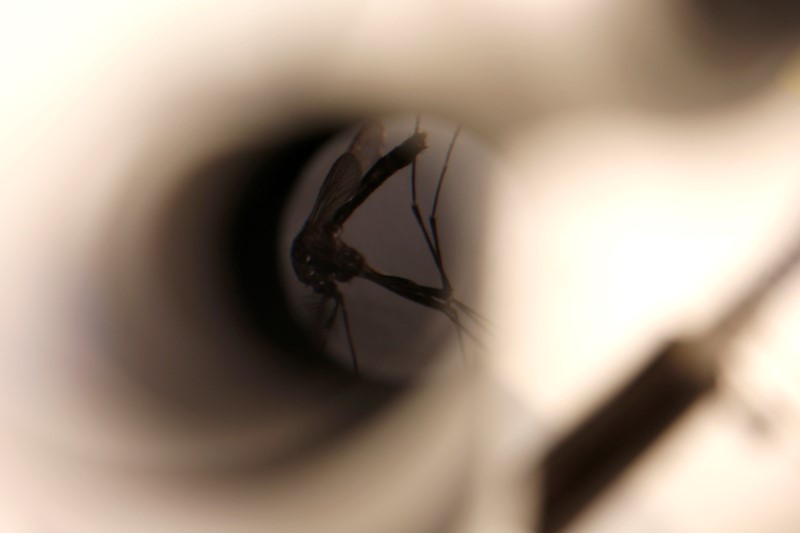By Julie Steenhuysen
CHICAGO (Reuters) – A study of Zika infections in Colombia has found no obvious birth defects among women infected during the third trimester of pregnancy, raising hopes that Zika may not cause serious harm to the fetus when mothers are infected later in pregnancy.
“It’s somewhat reassuring that it looks like third-trimester infections aren’t posing a major risk of that very serious outcome,” said Dr. Margaret Honein, chief of the birth defects branch at the U.S. Centers for Disease Control and Prevention, who was one of several authors of the study published online on Wednesday in the New England Journal of Medicine.
She stressed that the findings are preliminary, saying “it is critically important” to continue following these babies to look for other effects from exposure to Zika.
Honein said the infants in Colombia need to be watched for other potential effects of Zika infection, such as hearing loss or vision problems, or any other developmental problems.
The mosquito-borne Zika virus has been shown to attack fetal brain cells and cause microcephaly, a birth defect marked by small head size and underdeveloped brains.
In Brazil, authorities have confirmed more than 1,400 cases of microcephaly in babies whose mothers were exposed to Zika during pregnancy. Researchers have been closely watching for the same issues among infants in Colombia. The virus arrived in Colombia in October 2015, about five months after the start of Brazil’s outbreak.
The Colombian study involved data on 65,726 Zika cases reported between Aug. 9, 2015 and April 2, 2016. These included 1,850 pregnant women in which the researchers knew the trimester in which the mother became infected.
Of the 600 women infected during their third trimester, 90 percent have delivered their babies, and none gave birth to a child with microcephaly or other obvious birth defects.
As of early April, most pregnancies in which women were infected in the first or second trimester were still ongoing, but some of those mothers have started to give birth. In these women, Honein said, there have been “a growing number” of problems.
“I think the numbers are going to come up,” said Honein, who expects increasing reports of microcephaly, brain anomalies and other birth defects among women infected with Zika earlier in their pregnancies.
CDC investigators are working with their Colombian colleagues to determine which cases are due to Zika and which are due to another cause.
(Reporting by Julie Steenhuysen; Editing by Tom Brown)


